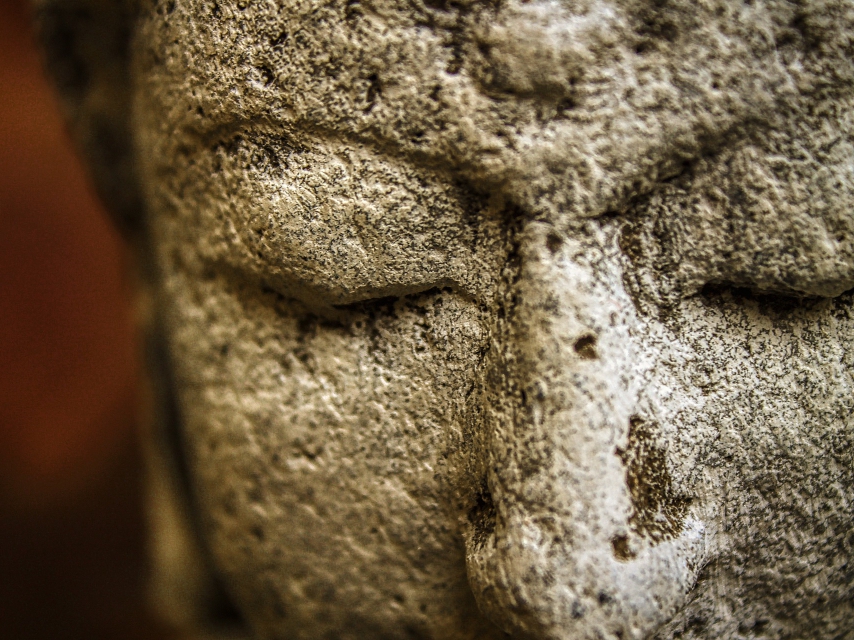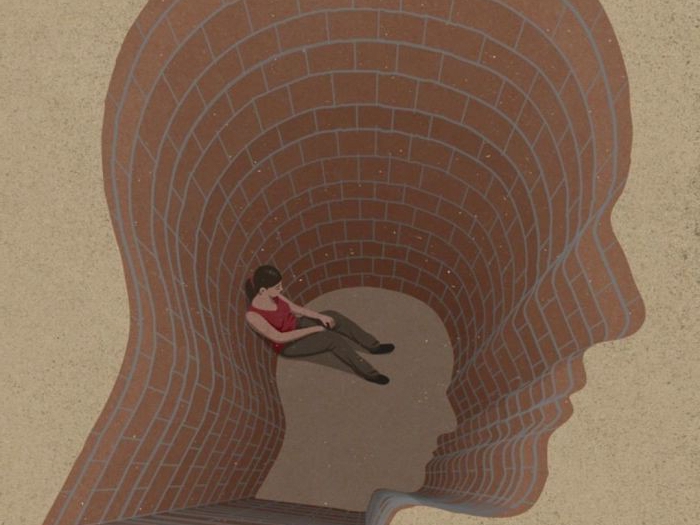Nowadays, our minds are constantly bombarded by information, stress, and pressure to keep up. Just as our bodies can become overwhelmed with toxins, so too can our minds accumulate negative thoughts, anxieties, and emotional clutter. Mental detoxification isn’t just a luxury—it’s essential for long-term mental health and clarity.
Here are seven (7) effective steps to detox your mind, allowing you to cultivate greater peace, focus, and resilience.
Step 1: Practice Mindful Awareness
Mindfulness is the foundation of mental detoxification. Practicing mindfulness allows you to observe your thoughts and emotions without being consumed by them. Through mindfulness, you learn to identify what drains you mentally, emotionally, and spiritually. Over time, you become more attuned to the sources of mental clutter and better equipped to release them.
How to Practice Mindfulness:
- Daily Meditation: Set aside 5-10 minutes daily to sit quietly, focus on your breathing, and observe your thoughts without judgment.
- Mindful Journaling: Each day, write down your thoughts and feelings. Over time, you’ll begin to see patterns and identify sources of mental clutter.
- Practice Gratitude: Ending each day by listing things you’re grateful for can create a positive mental shift, reducing stress and cultivating contentment.
Step 2: Declutter Your Digital Space
Our digital devices can be a source of constant mental noise. Notifications, emails, social media updates, and endless content can quickly become overwhelming. By setting boundaries and decluttering your digital space, you can significantly reduce mental stress.
Steps to Digital Decluttering:
- Limit Social Media: Set specific times to check social media, and avoid checking it first thing in the morning or before bed.
- Unsubscribe and Unfollow: Go through your social media and email lists, and unfollow accounts or unsubscribe from newsletters that no longer serve you.
- Turn Off Notifications: Constant alerts can fragment your attention, so consider silencing notifications for non-essential apps.
Step 3: Engage in Physical Activity
Physical activity is known to benefit the body, but it also has profound effects on the mind. Exercise stimulates the release of endorphins, dopamine, and serotonin—neurochemicals that improve mood and alleviate stress. A healthy body often leads to a healthier mind, making exercise a crucial component of mental detoxification.
Incorporate Physical Activity:
- Daily Walks: Walking, especially in nature, can help clear your mind and provide a much-needed mental reset.
- Exercise Routine: Incorporate regular physical activity, whether it’s yoga, dancing, swimming, or gym workouts, to release tension and clear mental fog.
- Stretch and Breathe: Even a few minutes of stretching and deep breathing exercises can help reduce stress and improve focus.
Step 4: Cultivate a Positive Mindset
Our minds are naturally inclined to focus on the negative—a phenomenon known as the “negativity bias.” Overcoming this bias takes conscious effort, but cultivating positivity can significantly improve mental well-being. A positive mindset isn’t about ignoring reality but rather approaching it with resilience and an optimistic outlook.
Ways to Develop Positivity:
- Affirmations: Write down affirmations that inspire you and remind you of your strengths. Repeat these affirmations daily.
- Focus on Solutions: Instead of dwelling on problems, try to focus on potential solutions. This shift in mindset can alleviate stress and build resilience.
- Surround Yourself with Positivity: Spend time with people who uplift and inspire you. Avoid engaging in excessive negativity or gossip, as it can drain your energy.
Step 5: Limit Mental Inputs
A significant part of mental detoxification is managing what you allow into your mind. Constantly consuming news, social media, and entertainment can leave your mind overwhelmed and anxious. Reducing unnecessary inputs helps create mental space, giving you more room for peace and clarity.
How to Limit Inputs:
- Set Boundaries on Information Consumption: Limit the time you spend consuming media. You could designate certain times to catch up on news and social media instead of constantly scrolling.
- Engage in “Media Fasting”: Take a day or even a weekend off from social media and unnecessary information. This break can help you reset mentally.
- Prioritize Meaningful Content: Choose content that inspires or educates you rather than consuming things that cause stress or anxiety.
Step 6: Foster Self-Compassion
Detoxing your mind involves confronting both external and internal pressures. Practicing self-compassion helps you release self-imposed mental clutter such as guilt, shame, and self-doubt. When you are kind to yourself, you reduce the mental stress that comes from constant self-criticism and high expectations.
Ways to Foster Self-Compassion:
- Practice Forgiveness: Let go of past mistakes or regrets, and forgive yourself for any perceived shortcomings.
- Celebrate Small Wins: Instead of focusing on what you haven’t achieved, take time to celebrate your progress and small victories.
- Silence the Inner Critic: Replace negative self-talk with encouraging words. When you catch yourself thinking negatively, pause and shift to a kinder perspective.
Step 7: Establish a Relaxation Routine
A mental detox isn’t complete without regular relaxation. In our busy lives, taking time to unwind and relax can feel like a luxury, but it’s crucial for maintaining mental health. Creating a relaxation routine helps you recharge and rejuvenate, clearing your mind and enhancing your focus.
Relaxation Ideas:
- Create a Nightly Wind-Down Ritual: This could include reading a book, sipping herbal tea, practicing deep breathing, or taking a warm bath to signal your brain that it’s time to relax.
- Practice Deep Breathing or Visualization Techniques: Simple breathing exercises, such as the 4-7-8 method, can calm the nervous system and reduce stress. Visualization, where you imagine yourself in a calm and serene place, can also promote relaxation.
- Engage in a Creative Hobby: Art, music, writing, or even gardening can serve as a mental escape, helping you to destress and focus on something enjoyable.
Conclusion
Detoxing your mind doesn’t happen overnight, but these seven steps provide a comprehensive approach to creating more peace and mental clarity. By practicing mindfulness, limiting negative inputs, staying physically active, and prioritizing relaxation, you set the foundation for a healthier, more resilient mind. Over time, these habits can transform your mental state, allowing you to navigate life with greater calm and clarity. Remember, a mind free of clutter is a mind free to focus on growth, joy, and fulfillment.
See: Toxic Habits That Destroy Success and How to Overcome Them





